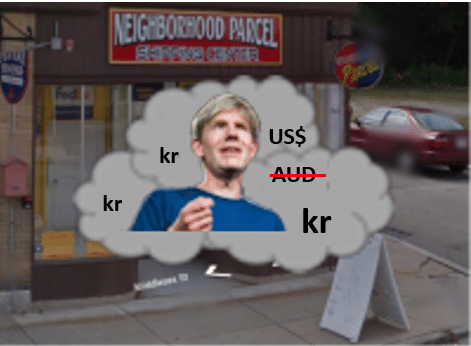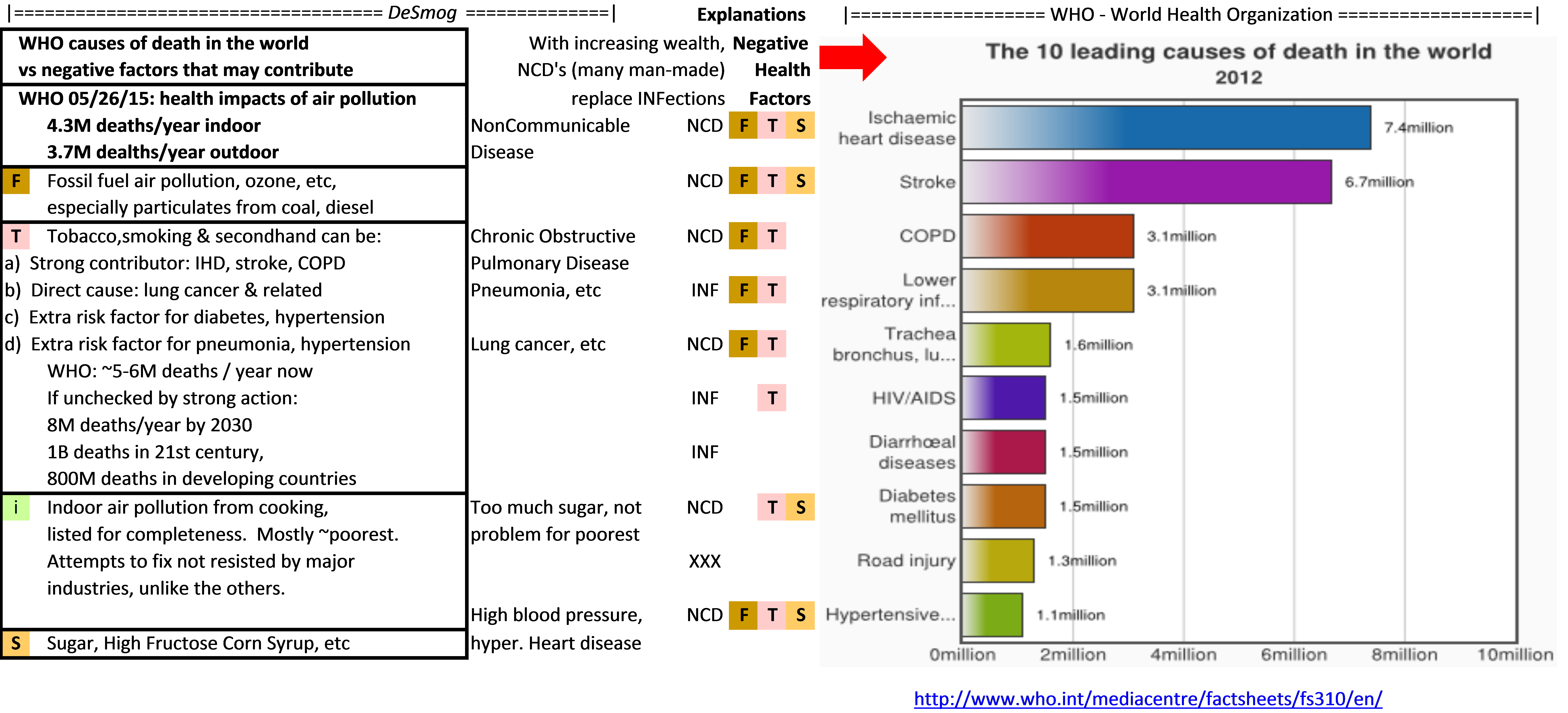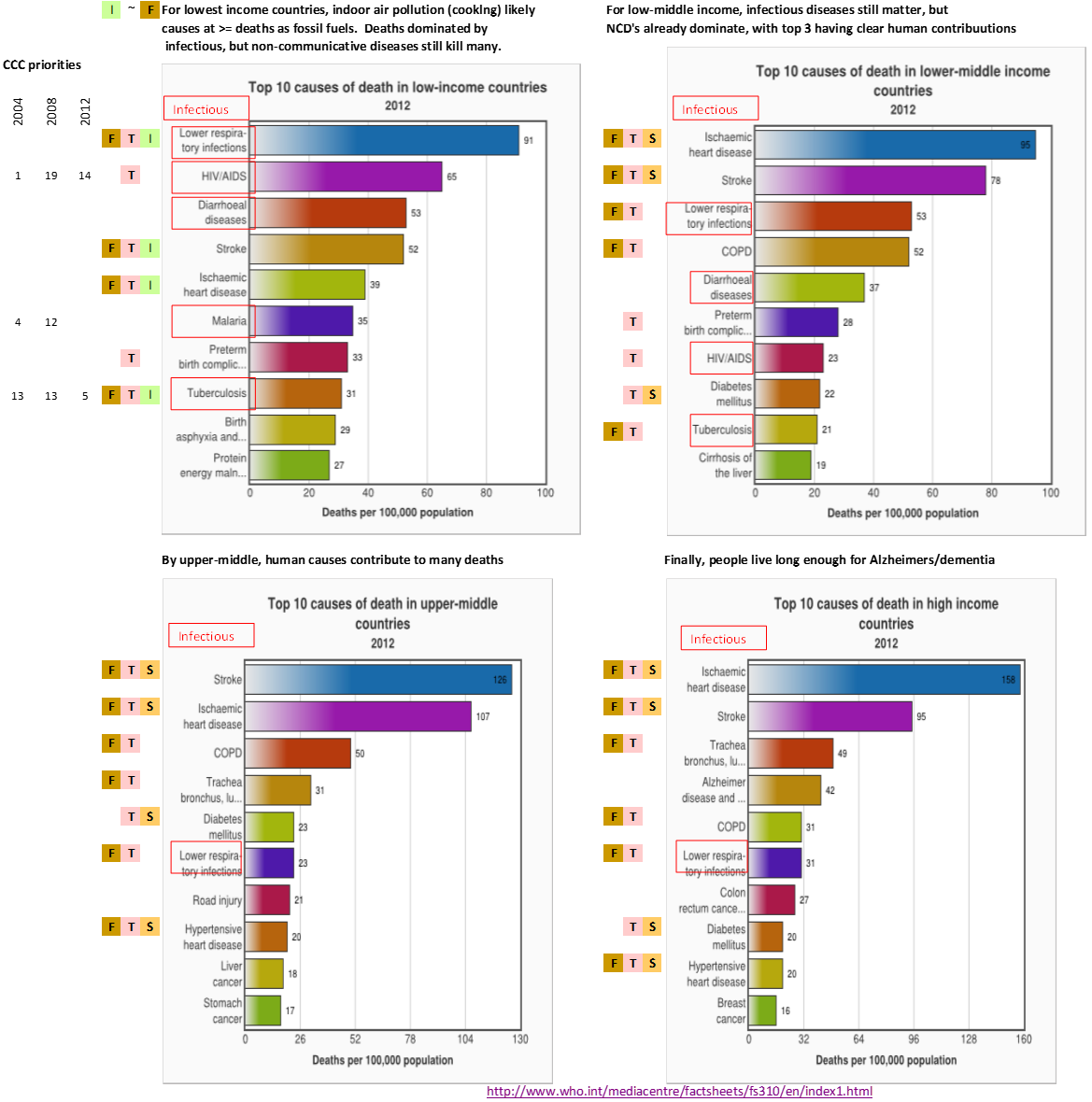Bjorn Lomborg’s Copenhagen Consensus Center (CCC) left Denmark in 2012, is not really located in its Massachusetts mailbox storefront, found no $4M Australian home, and represents no real consensus.1
It is a fine marketing vehicle for him personally and has paid well for emitting clever clouds of confusion.
Now a new Danish government wants him back and again expects to fund CCC.
UPDATE 09/06/15: Maybe not: Danish funds for climate sceptic Lomborg blocked. If that holds, CCC seems a think tank without country. The rest of this post still applies.
Danes have an admirable history of generosity in foreign aid, but some must prefer to spend taxpayers’ krone for Lomborg to tell others how to give.
CCC‘s website highlights poor people, but little of its revenue gets to them, and Lomborg’s policies often prioritize corporate profits ahead of poverty and health.
His policies have endeared him to (1) some rich-world publications, governments, politicians, think tanks, their funders and industries that privatize profits and socialize costs to health and environment.2
Such are rarely known for advocating higher taxes or seriously funding charities to improve the world’s welfare, unlike (2) groups that actually do care and strongly fund effective actions.3
CCC‘s priority lists included several major categories, as per Lomborg And Playing The Long Game (2009).
A. worthy efforts for such things as better education and control of malaria or HIV/AIDS, funded by (2).
Such do not threaten (1), who are happy to talk about prioritizing these, although without funding.
B. free trade agreements, liked by (1), perhaps even good for poor countries, although the fine print matters, i.e., TPP, ISDS.
X. health problems whose solutions may reduce profits for (1), who employ strong lobbyists like US Chamber of Commerce.
Such problems get low priority or no mention, so CCC‘s methodology would never fund them.
They were almost entirely avoided in 3 rounds of CCC efforts, even though they contribute to major causes of death.
This clever misdirection was an extension of the false dilemma fallacy used by CCC 2004 in Lomborg’s Cool It!
As did many others, my 2009 dissection focused on Lomborg’s aversion to meaningful mitigation of climate change.
In the light of added examples from 2008 and 2012, climate is only one example of a more general pattern of profit-protective priorities, which might be cast as:
kill mosquitoes and viruses, but burn coal, eat sugar, and thank you for smoking.4
Even ignoring climate change damage, CCC priorities often contradicted its professed goals of better human welfare.
An annotated copy of the 10 leading causes of death in the world(2012) according to the World Health Organization (WHO) is shown next. Cause of death is only one indicator of many regarding welfare, but it is instructive.
WHO estimates 8M deaths/year from air pollution and 5-6M from smoking, with some overlap from indoor secondhand smoke. Infectious diseases still matter, but burning fossil fuels, smoking tobacco and consuming excessive sugar exacerbate 8 of the top 10 causes. Chronic diseases are usually preceded by years or decades of worsening health.
The pattern is a bit different for the poorest, for whom infectious diseases are more critical, but even they die from “diseases of affluence.”5 As they get less poor, the latter causes replace the former, and the people can become better customers, as is happening with cigarettes.
The attached spreadsheet has the same tables for easier reading, but here one need only notice the presence of Fossil (brown), Tobacco (pink) and Sugar (orange) as contributions towards causes of death:
Do CCC priorites match? Not very well. Under Business As Usual, WHO estimates ~1 Billion tobacco deaths in the 21st century, 800M in developing countries, markets growing as those in richer countries decline.
A public health expert might expect CCC to give reasonable priorities to issues involving brown, pink and orange, but as seen in CCC 2004, 2008 and 2012, such issues rate at the bottom or not at all.
The 2015 CCC effort used a different methodology, difficult to summarize as easily, and was more a response to UN work, rather than those CCC generated the issues to be considered.
Fossil fuels are actually useful, even if they must be drastically reduced to minimize climate damage that will especially hurt the poor, but ignore that for tnow. Air pollution kills sooner, and Lomborg’s prescription for the poor is more coal.
That is explicit, whereas the others are implicitly low-priority by virtue of omission.
The tobacco industry is dominated by a handful of large transnational corportations,6 who stay in business only by addicting people during adolescent brain develoment, the only vulnerable period for most, roughly 12-24. Infectious diseases kill young children who could grow to become tobacco customers or field workers, subject to acute Green Tobacco Sickness.
Free trade may (or may not) be beneficial for poorer countries, but tobacco companies are already employing trade agreements, akin to ISDS, to sue countries for trying to protect their adolescents. Philip Morris International has already sued Australia, UK, Uruguay. That doesn’t work against wealthier countries, although it can cause delays, but can intimidate the less wealthy, sometimes with the help of the US Chamber of Commerce. The Bloomberg Foundation and Bill and Melinda Gates Foundation have funded the Anti-Tobacco Trade Litigation Fund to help. countries defend their people.
Tobacco companies are very quick, but fossil interests cannot be far behind.
The sugar category may surprise people, but diabetes is a major cause of death for all but the poorest of the 4 income groups. The USA is especially sugar-saturated, to the point that Type II adult-onset diabetes now appears in many children, an effect not really seen 40 years ago, See UC San Francisco’s SugarScience, for example.
As the poorest become less poor, they become better customers, but replace old diseases with new ones, many man-made, often amplified by industries that profit by socializing the costs and not paying for economic “externalities.”
In some sense, CCC might as well be a rich-world industry trade group, not a real helper of the poor like the (2) groups.
Viruses and malarial mosquitoes have no industry groups, lobbyists, friendly think tanks, PR budgets or political power. Fossil energy, tobacco and sugar industries do, CCC priorities have consistently aligned with them and selected other rich-country interests, so it is no wonder they like Lomborg.
====
1 The word “consensus” does not magically create one. Lomborg selects participants. Graham Readfearn writes:
“Seven Nobel Laureates” Behind Climate Contrarian Bjorn Lomborg’s Think Tank Are Not All They Seem, Or Even All Alive.” Some who like the CCC reject the scientific consensus on climate change and endlessly attack papers like Quantifying the consensus on anthropogenic global warming in the scientific literature that document that.
2 The Wall Street Journal has run numerous OpEds by Lomborg. Google: site:http://www.wsj.com/ “bjorn lomborg”
DeSmog’s Bjorn Lomborg entry mentions testimony for James Inhofe (R-OK) in US Senate, and involvements with the Fraser Institute, Competitive Enterprise Institute, Hoover institution, Manhattan Institute, Philanthropy Roundtable, and especially Reason Foundation. Many of these are funded by the Kochs and allies, as per Study Details Dark Money Flowing to Climate Science Denial, on key paper by Robert Brulle. Readers might check the giving profiles of Donors Trust / Capital Fund, Kochs, etc and compare think tank donations versus help for the world’s poor.
Of course, for years CCC was funded by a conservative Danish government, and most recently, Australian Prime Minister Tony Abbott tried to find Lomborg a place at the University of Western Australia,
All of the above might be considered members of group(1).
3 Readers might compare grant profiles of group(1) versus group (2): the Hewlett Foundation, the David and Lucille Packard Foundation, Bloomberg Philanthropies, or Bill and Melinda Gates Foundation, and many others. Some show pictures of poor people, but they actually spend money to help them. Anyone who thinks such foundations act naively on cost/performance evaluation simply knows little about them.
4 Lomborg explicitly urges more use of coal. The others are implicit. Sugar is never mentioned and tobacco is mentioned only once, curious since his 2001 book The Skeptical Environmentalist (p.228) recognized tobacco as a major cause of deaths. Perhaps that was best forgotten, since most of the think tanks mentioned earlier have long taken tobacco money, as per Fakery 2, pp.39-40.
5 Following are the WHO charts for Top 10 leading causes of death by country income group (2012)
6 The major exception is China Tobacco.
Image credit: Google Streetview.
Subscribe to our newsletter
Stay up to date with DeSmog news and alerts










